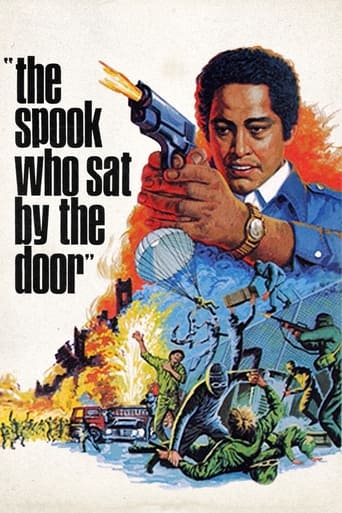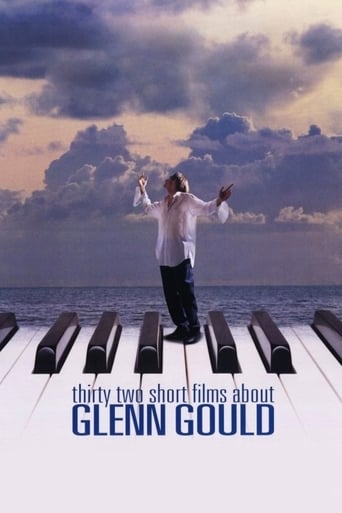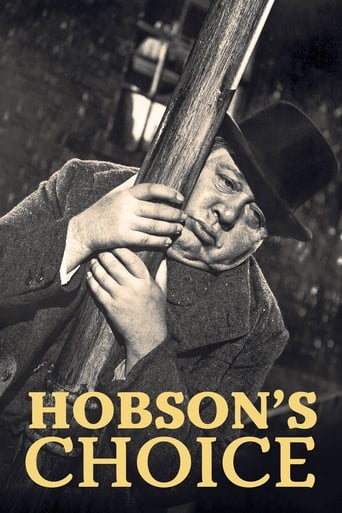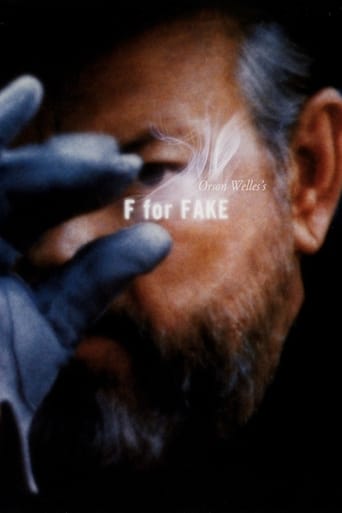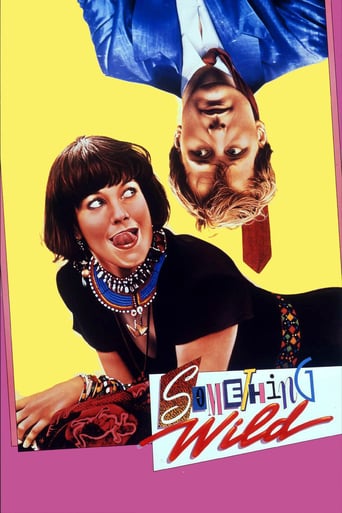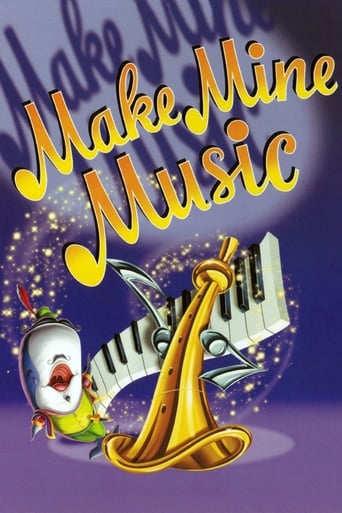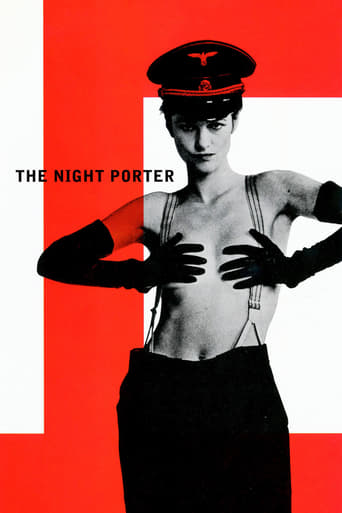


The Marriage of Maria Braun
Maria marries a young soldier in the last days of World War II, only for him to go missing in the war. She must rely on her beauty and ambition to navigate the difficult post-war years alone.
-
- Cast:
- Hanna Schygulla , Klaus Löwitsch , Ivan Desny , George Eagles , Gisela Uhlen , Elisabeth Trissenaar , Gottfried John


Similar titles

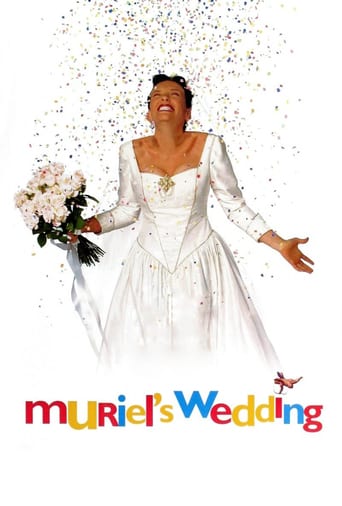

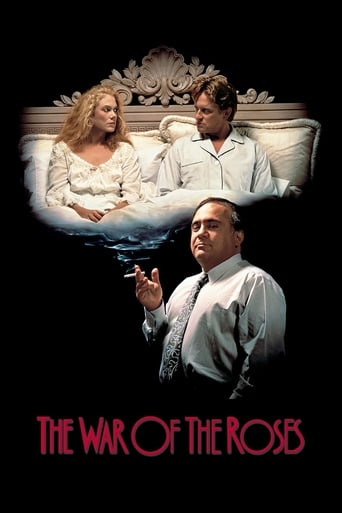




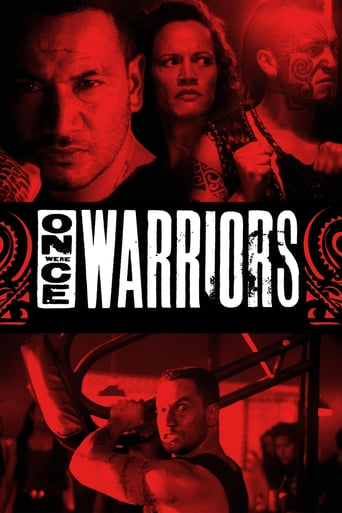

Reviews
Excellent, Without a doubt!!
The film makes a home in your brain and the only cure is to see it again.
All of these films share one commonality, that being a kind of emotional center that humanizes a cast of monsters.
The best films of this genre always show a path and provide a takeaway for being a better person.
A World War II widow (Hanna Schygulla) seeks to adjust to life in postwar Germany.Karena Niehoff wrote in the daily newspaper Süddeutsche Zeitung that The Marriage of Maria Braun "is a charming and even amusing film, at the same extraordinarily artful, artificial and full of twists and turns". I think this sums it up. Although obviously dark (this is Germany right after World War II), there is plenty of humor that arises from unusual situations, particularly as the Americans and English interact with the local Germans.I feel like this is the sort of film that Professor Wes Gehring might have considered in the dark comedy tradition of Charlie Chaplin's "Shoulder Arms". Somehow it takes a realistic view of war life (the opening is full of explosions) and yet never loses its silver lining and positive temperament.
From director Rainer Werner Fassbinder (The Bitter Tears of Petra Von Kant, Fear Eats the Soul, Fox and His Friends, I assumed this was a German war film about the sister or another female relative of Eva Braun, and even though it wasn't I watched with interest. Basically, set in Germany, 1943, and during a bombing raid by Allied forces, Maria (Hanna Schygulla) is married to soldier Hermann Braun (Klaus Löwitsch), but after only a short time together he returns to the front, and she is later told he has been killed. She starts work in a bar, often visited by Americans, as a hostess, and after a relationship with African-American soldier Bill (George Byrd) she becomes pregnant with his baby, but she is shocked to be caught with him by Hermann who is in fact alive. In the fight between the two men, Maria unintentionally kills Bill hitting him over the head with a full bottle, but when she expresses love for her husband he takes the blame for the crime and is put in prison. After aborting her pregnancy she heads home on a train and gets the attention of Karl Oswald (Ivan Desny) the old wealthy industrialist, and he offers her a new job as his assistant, and of course she soon becomes his mistress. Maria tells Hermann in prison about the latest events, promising their life will get going again after he is released, and she earns loads of money to buy a new house, Oswald even visits her husband to offer him and his wife his wealth if he leaves his wife after he is released. This offer is kept a secret, but when Hermann is let out he heads for Canada, only sending his wife a gift every month so she knows he still loves, and when he finds out that that Oswald has died he returns to Germany. In Oswald's will that executor Senkenberg (Hark Bohm) reads out, the secret agreement between him and Hermann is revealed, and in distress she ends her life by lighting her cigarette and creating a gas explosion. Also starring Gisela Uhlen as Mother, GoldenEye's Gottfried John as Willi Klenze and Elisabeth Trissenaar as Betti Klenze. In the leading role Schygulla gives a good emotionally up and down performance, the story set in the war is admittedly a little confusing for me at times, but it had some good melodramatic moments, full of the sort of things you get in those kinds of genre films, so it is certainly a worthwhile romantic drama. It was nominated the Golden Globe for Best Foreign Film. Good!
This first part of the BRD Trilogy has more passion and plot density than Lola, but less of the magic of Veronica Voss. The political musings have point to them: we see the shortages after the war, how the blackmarketers were able to control so much of the day-to-day life (delicious moment when Fassbinder, playing a grifter, tries to sell a complete set of Kleist to Schygulla, who remarks that burning books don't provide much warmth: she really wants firewood).There's some clumsiness in the first hour. The scene in Maria's room with the black soldier, interrupted by Hermann's appearance should go quicker. The train scene when Maria meets Karl Oswald falls flat when she insults the GI--I cringed, it was so bad. But as the story develops and the years go by, I was drawn more and more into this glossy, cold world.
Fassbinder's most lavish production sacrifices little of his talent for identifying and deconstructing a locus of suffering in long, mobile takes that somehow also act as social encapsulations; here, it's much more overt, since the story takes place in war-torn Germany at the end of WWII. The central character is a woman (Hanna Schygulla as Maria) who capitalizes on vulnerabilities (both economic and gender-related) to catapult herself up the ladder of a prominent textile corp. that makes coveted goods like lederhosen available to indigent workers (as she once was). Married amidst allied air raids, Maria and her new husband Herrmann are allowed a brief honeymoon before he's shipped out to the Russian front. In his absence, her despair is great: she spends most days at the train station, waiting for him to return. When he is reported dead, she abruptly stops grieving and takes a job as a barmaid/prostitute at a brothel catering to American GIs.When he returns, things get plenty messy, as circumstances (and his sense of noble self-sacrifice) conspire to keep them apart. The message is Fassbinder's M.O. writ large: "Love is colder than death." Not only is Maria contending with her own sanity and a husband largely incapable of loving her, but also with a country in deep flux with no discernible light at the end of the tunnel. Fassbinder is making some kind of statement on post-war Germany selling out to the highest bidder, but as with all his films, I tend to block those elements out and focus on the unbearable passions on display: Fassbinder's as evoked through his characters; his actors' as filtered through their real-life connections with Fassbinder. Taken together, his films can be either unbearable or indescribably mesmeric, often at once; this falls somewhere in-between, although definitely closer to the latter. While I didn't like it quite as much as The Bitter Tears of Petra von Kant or Katzelmacher, Maria Braun certainly has a greater scope and what's more, I could feel its passion and authentic detail to human emotions.

